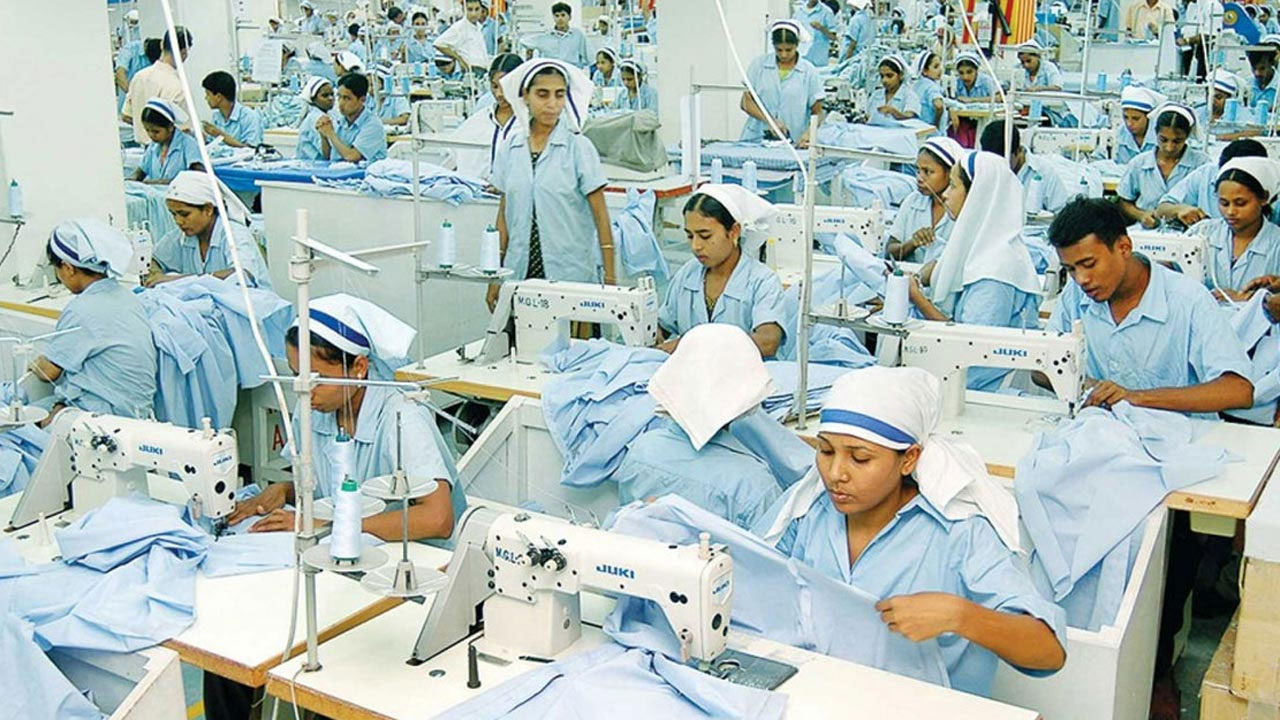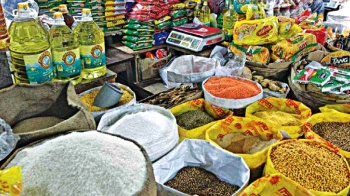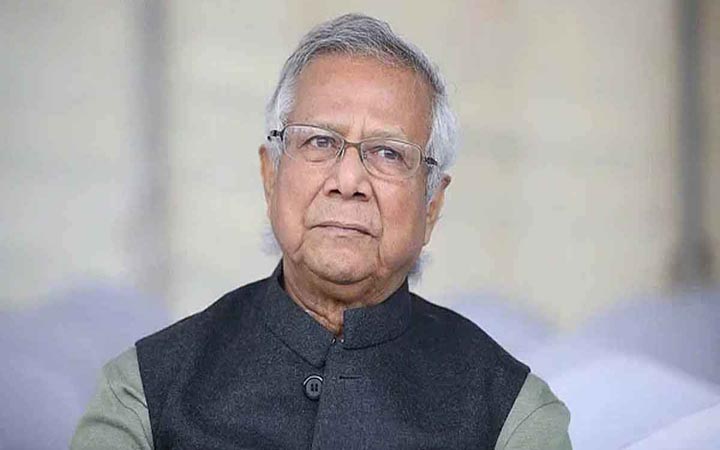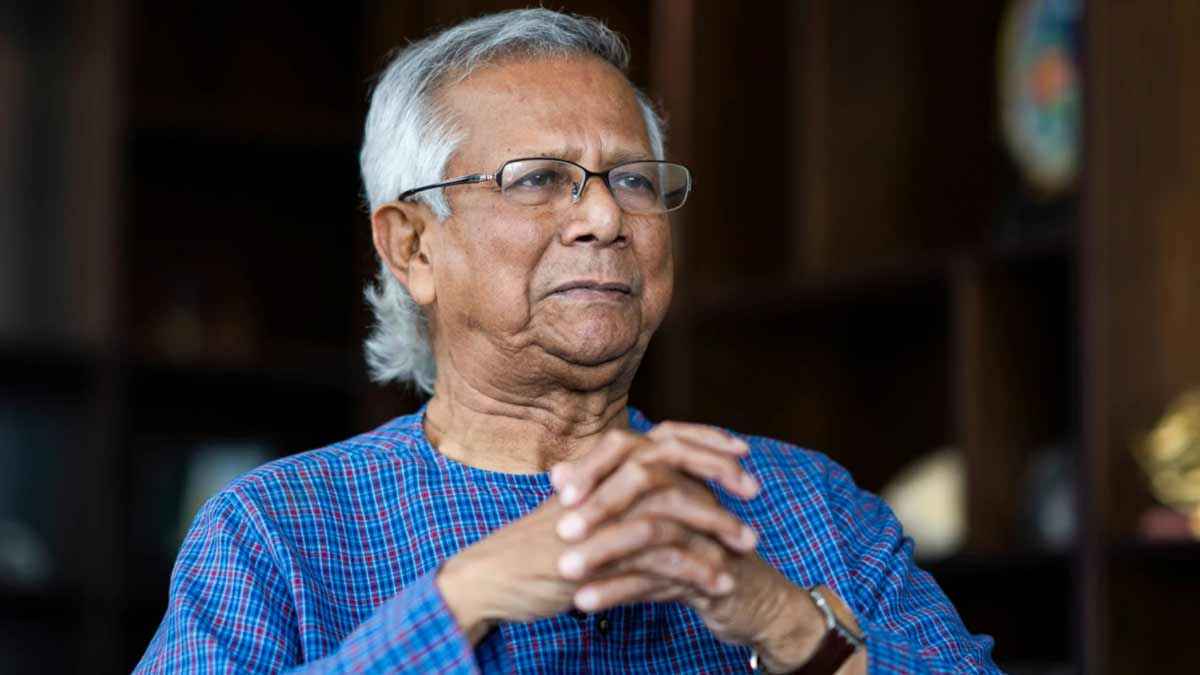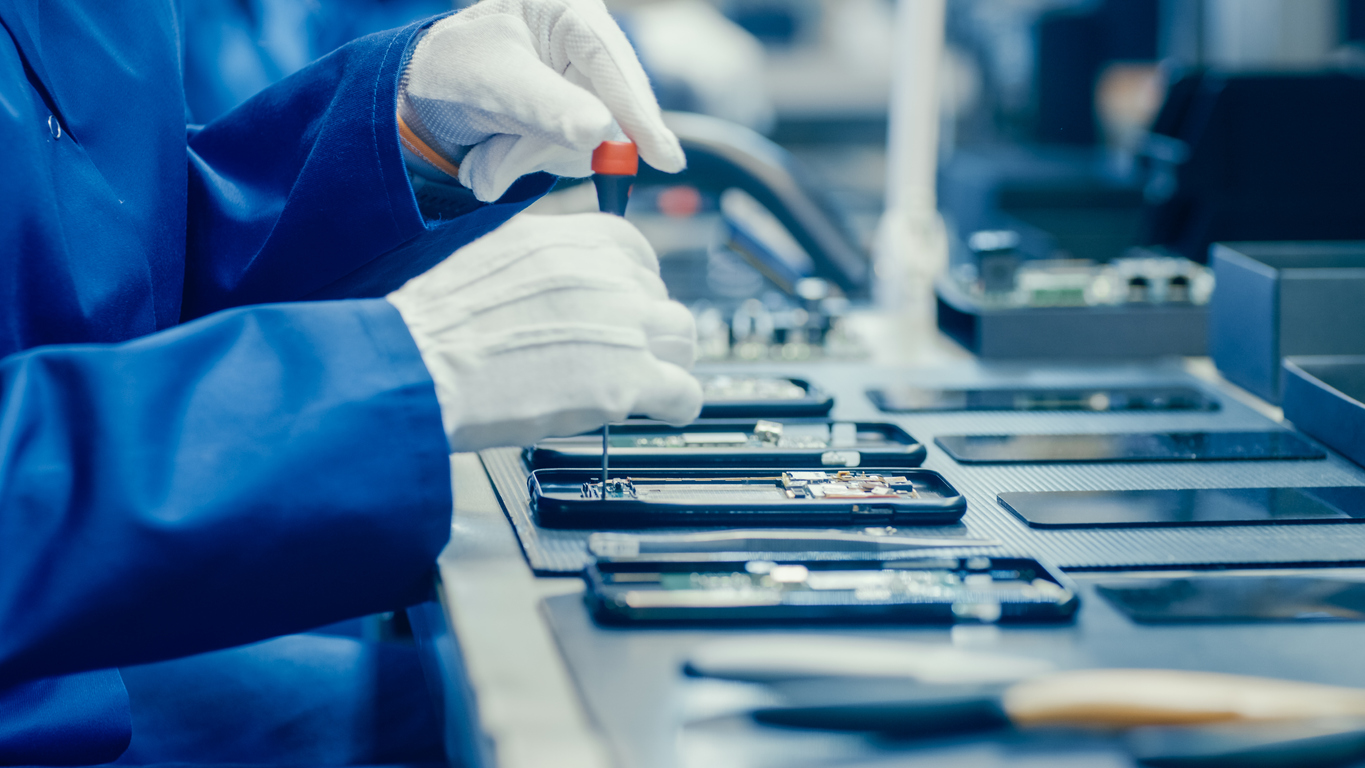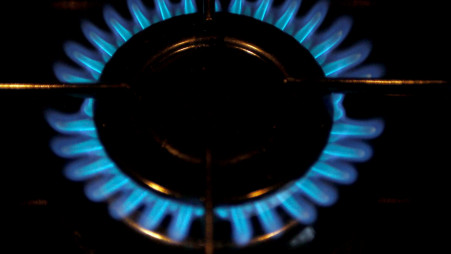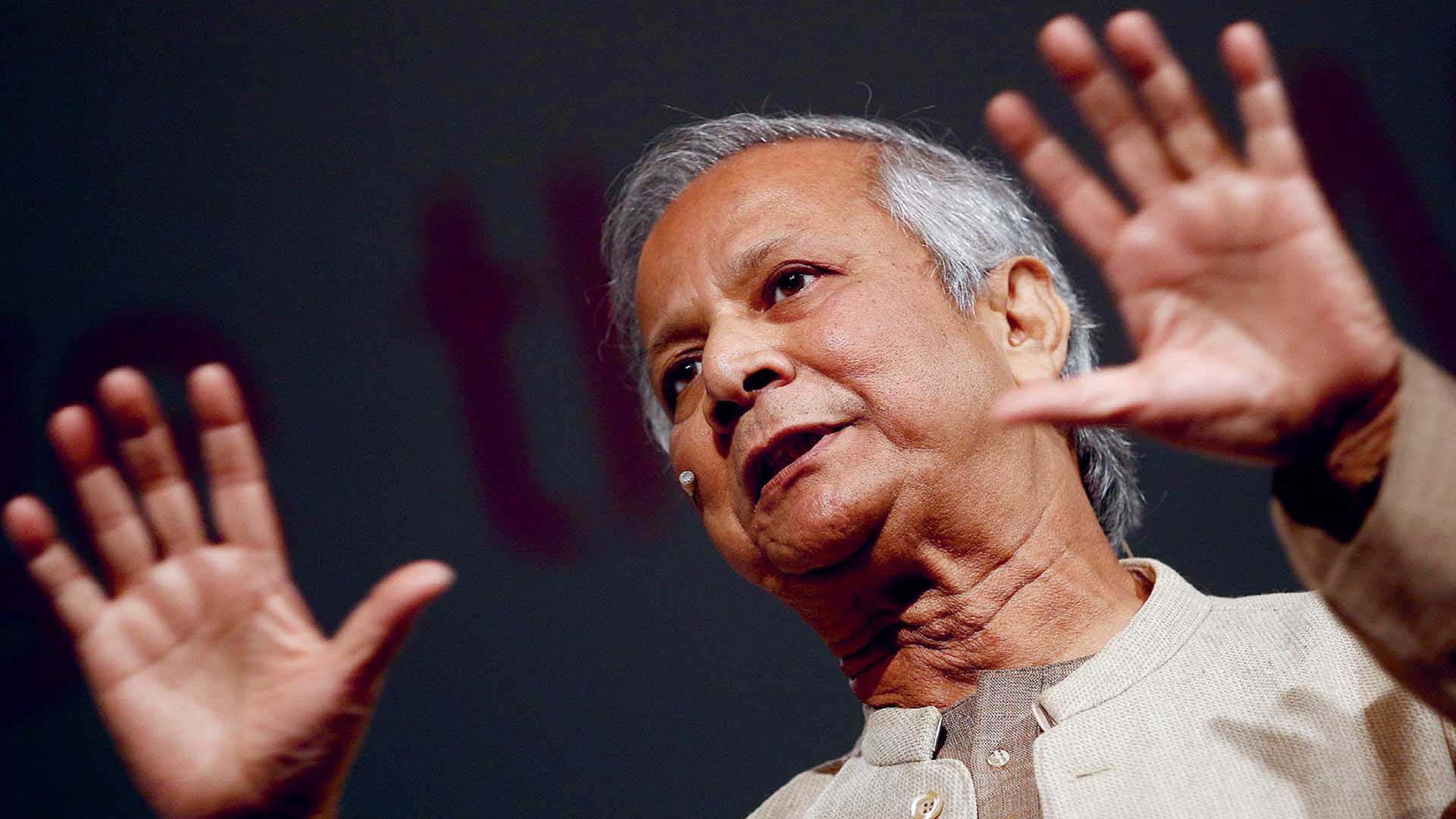Several industries, including computer parts, mobile phones, cement, and steel, are being exempted from advance tax
The National Board of Revenue (NBR) is slated to reduce advance tax (AT) for some businesses in the upcoming budget of the 2021-22 fiscal year to make the VAT law more business-friendly.
According to an NBR official, there is going to be a structural change in the VAT law although the corporate tax rate will not change much in the new budget.
Several industries, including computer parts, mobile phones, cement, and steel, are being exempted from advance tax, said the NBR official.
Moreover, businesses are going to get discounts on both VAT evasion fines and simple interest.
At present, there is a provision to impose a double penalty for evading VAT. It is being reduced and the provision is being made for the same amount of fines in the next budget.
Apart from this, there is a provision of simple interest at the rate of 2% per month as per the law on dues of non-payment of VAT on time.
It is likely to be 1% in the upcoming budget.
The advance tax rate at the import level was 5% when the new VAT Act came into force in the budget for 2019-20.
But in the current budget (FY21), the advance tax on raw materials at the import has been reduced from 5% to 4%.
This advance tax rate is likely to be further reduced to 3% in the next budget.
Industry insiders said that the industries involved in import-export activities are required to file VAT returns and all industries are brought under the advance tax.
But failure to pay the returns in time has been a source of criticism.
Abul Kasem Khan, former president of Dhaka Chamber of Commerce and Industries, and chairman of Business Initiative Leading Development (BUILD), said that they have been talking about the removal of AIT and AT for a long time.
“There is a lack of proper adjustments and complexity for a refund of AIT. We pay 32.5% tax and the number increases when we also pay the AIT,” he added.
“We always demanded that the AIT be abolished. We want to pay the tax after calculating the profit and loss at the end of the year. Businesses are already in losses during the pandemic and if businesses have to pay AIT/AT from their capital, the traders will be in crisis,” he added.
The government is encouraging businesses by providing incentives and again taking AIT/AT from them. If businesses did not have to pay AT/AIT, the incentives would not have been required for many of them, said Abul Kasem.
Rizwan Rahman, president of Dhaka Chamber of Commerce and Industry (DCCI), said that there should not be any advance tax or advance income tax.
“A number of businesses face harassment because of AT/AIT. Moreover, there is a lack of proper adjustments/refunds of AIT, so, the operating expenses of businesses increase by a large amount.”
Former NBR chairman Abdul Majid told Bangla Tribune that many businesses do not pay taxes later because of early tax deductions. For this reason, the AT/AIT cannot gain the anticipated success.
According to NBR officials, the advance tax rate is likely to reduce from 4% to 3% in several sectors, and some sectors likely to be excluded from it including mobile phone and computer parts.
A fixed VAT of Tk1,000 to Tk2,000 per tonne has been imposed on steel scrap, ship scrap, and rods, said the official.
Moreover, refunds are being generated in industries like cement, beverage, and ceramics in the manufacturing sector where the value-added rate is less than 26.67% and there is no VAT payable.
However, only commercial importers had to pay Advance Trade VAT (ATV) in the old VAT act and manufacturers were outside of it. But the new act requires all industries except a few to pay advance tax at the import stage.
Although businesses have been objecting to this for a long time for more complexity and lack of accommodation in the refund.



